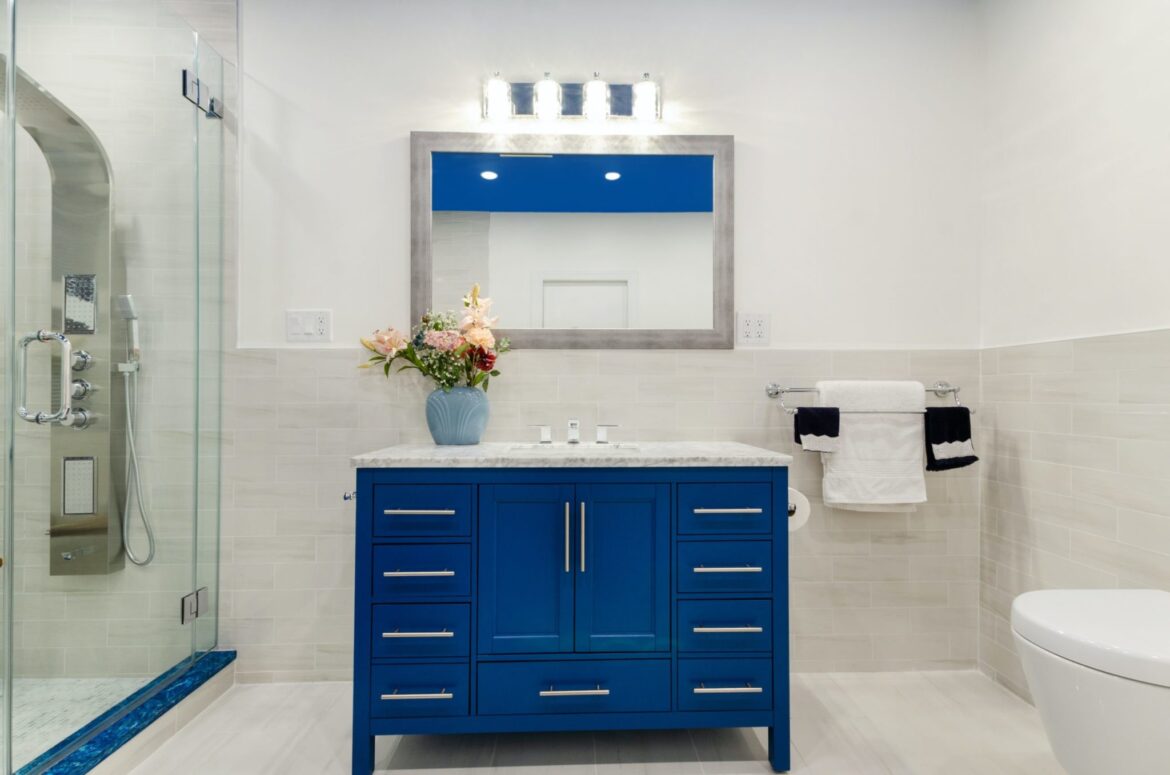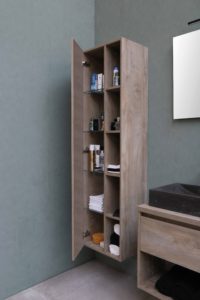
8 Bathroom Items You Need to Get Rid of ASAP
It’s time to ditch these clutter-causing, grime-collecting items. Clear out your cabinets and drawers for a cleaner, more organized bathroom.
Bathrooms are the center of busy morning routines, nightly regimens, and a variety of basic needs throughout the day. With all this activity comes clutter, and in a typically small room like the bathroom, you can’t afford to waste space on items you don’t need.
Some of the most common culprits of bathroom clutter, such as expired medications and cosmetics, can even pose a hazard to your health.
Clearing out items that are past their prime or simply unnecessary will help you achieve a cleaner, more organized bathroom. Check your cabinets, countertops, drawers, and shelves for these clutter-causing bathroom items, then take the necessary steps to dispose of them properly. By getting rid of these non-essentials, you’ll have more room to efficiently organize the things you truly need and use throughout your everyday routine.
You might also like: A Clean and Tidy Home Can Boost Your Mental Health
1. Expired Toiletries
Most toiletry items, such as contact solution, mouthwash, and soap, have expiration dates. Once they’re past their prime, these products can begin to break down and lose their effectiveness or even make you sick. Check for a date on the bottom of the container to determine if it’s still good to use. If you can’t find an expiration date, plan to dispose of anything that’s over a year old.
2. Out-of-Date Beauty Products
All those beauty products in your stash aren’t designed to last forever. Especially if they’ve already been opened, cosmetics like eyeshadow, foundation, lipstick, and mascara begin to decline in quality over time and can harbor loads of bacteria. To determine shelf life, check the label for a small jar icon that features a number with the letter M next to it, such as 6M or 12M.
This indicates the number of months the product will last after you’ve opened it. You should also keep an eye out for changes in color, consistency, or smell. These are signs that your makeup is no longer fit for use.
3. Old Medications
Purge your medicine cabinet of any medications or vitamins that are no longer needed or expired, which can be unsafe to use. Most will have a “best before” or “use by” date printed on the label. Follow the label’s instructions for safely disposing of the medication, or refer to these guidelines from the U.S. Food and Drug Administration.
4. Sample-Size Products
Be honest: Are you really going to use all those freebie product samples and miniature toiletries snagged from hotels? If not, they’re only adding to the clutter. Clear out your collection of single-use samples to make room for the full-size products you actually use.
5. Worn-Out Towels
Pare down your linens by discarding any towels that are tattered, stained, or perpetually funky-smelling. Save your storage space for ones in good condition that you actually enjoy using. Reuse old towels and washcloths for cleaning around the house, or consider donating them to a local animal shelter where they can be used to provide comfort for animals.
6. Old Toothbrushes
Twice-daily brushings can put a lot of wear and tear on your toothbrush, and bacteria and food particles can build up between the bristles over time. For these reasons, the American Dental Association recommends you replace your toothbrush every three to four months. Swap it out even sooner if the bristles become visibly frayed or matted.
You might also like: Are Heated Driveways Worth It?
7. Damaged Hair-Styling Tools
Tools like hair dryers, curling irons, and straighteners can easily get worn out with frequent use. If any of these devices appear damaged, have worn or frayed cords, or start malfunctioning, you should discard them immediately to avoid the risk of shock or fire. Check with your local waste management program to see if they can accept these items for recycling
8. Old Sponges and Loofahs
Especially when stored in the warm, moist environment of a shower, sponges and loofahs provide optimal conditions for bacteria growth. Plan to replace these every one to two months, or sooner if you notice moldy spots or an unpleasant smell. For a more sanitary bathing experience, ditch sponges and poufs altogether in favor of a washcloth you can launder after each use..

